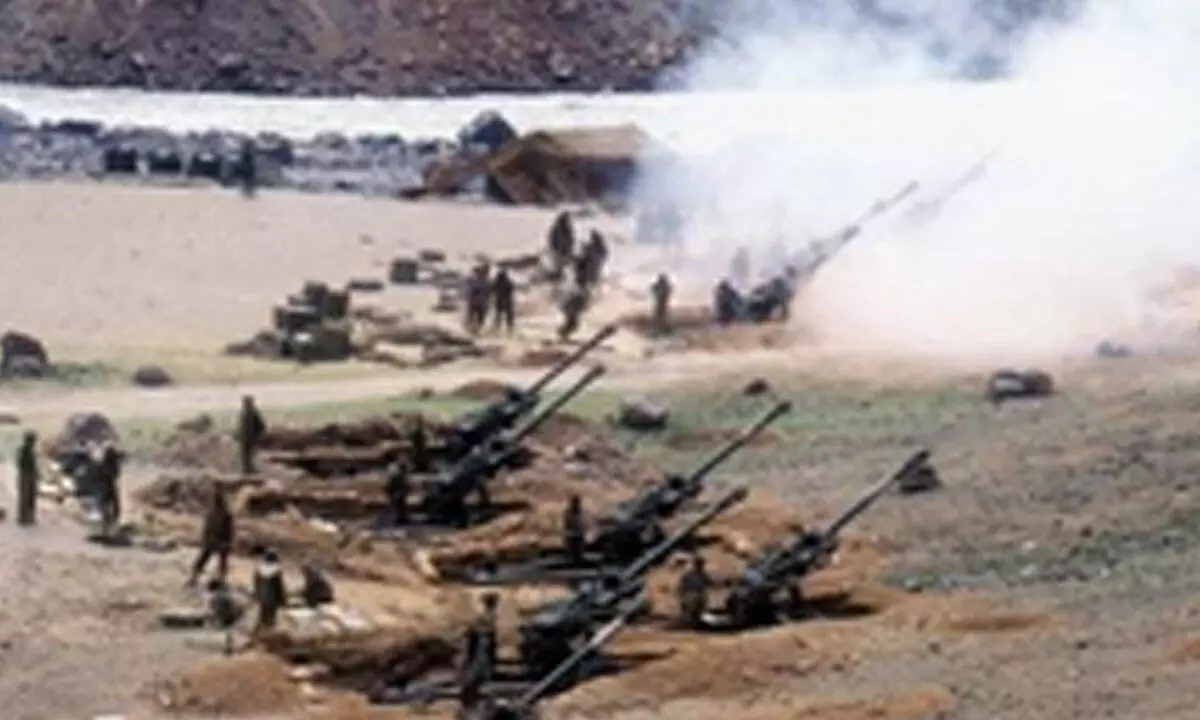- Views: 1K
- Replies: 20

A military operation once celebrated by Pakistan's former dictator, General Pervez Musharraf, is now widely condemned by experts and former officers as a disastrous strategic failure. The 1999 Kargil conflict, aimed at severing India's control in the region, has been exposed as a miscalculated gamble that backfired on Pakistan.
"The plan was a blunder and a massive failure. It not only turned out to be a disaster, it also violated the Lahore Summit agreement between India and Pakistan. Also, because the Pakistan Army denied its involvement, even refused to accept the dead bodies of its own soldiers who were later buried by the Indian Armed forces, turned out to be more embarrassing and attracted more dishonour to the institution,” says Colonel (retd) Ashfaq Hussain.
The Kargil conflict, initiated by a small group of top Pakistani military officials without the knowledge of then-Prime Minister Nawaz Sharif, sought to isolate India's positions in Kashmir and Ladakh. The architects of this plan falsely believed India would be forced into negotiations favorable to Pakistan.
“On one side, Pakistan was faced with international pressure and on the other side, the plan failed miserably as China did not act as per Islamabad’s assumptions. Our then Foreign Minister Sartaj Aziz got a cold shoulder from China along with all others because Islamabad’s version that it was not its Army but the Kashmir freedom fighters at Kargil, was a story not bought by anyone,” Hussain added.
The Kargil operation was built on the assumption that India would vacate high-altitude posts during harsh winter conditions. Pakistani forces exploited this to seize strategic peaks. However, India's 'Operation Vijay' swiftly countered the incursion. “We had the advantage of the higher peak position. We could spot them from the height and counter fire on them more effectively,” said Colonel Retd. Ashfaq Hussain, author of the book ‘Witness to Blunder’ that details his first-hand experience of the time, sitting as an officer in the Inter-Services Public Relations (ISPR) in Rawalpindi.
The limited scope of the Kargil plan within the Pakistani military suggests Prime Minister Sharif, though initially unaware, may have tacitly supported it with the hope of personal political gain. His lack of understanding of India's potential retaliation led to a disastrous outcome. By late June 1999, under pressure from US President Bill Clinton, Pakistan was forced into a humiliating withdrawal.
The Kargil operation, far from being a victory, is now widely recognized as a military and political disaster for Pakistan. Colonel Hussain summarizes the sentiment bluntly: “Kargil adventure was a blunder. It was a much bigger blunder than the surrender of 1971.”
